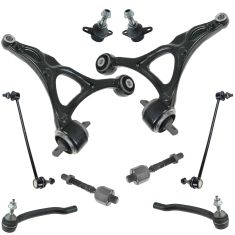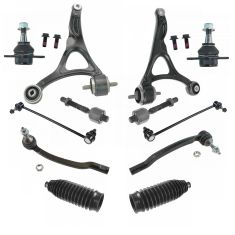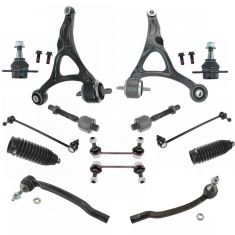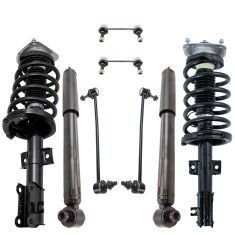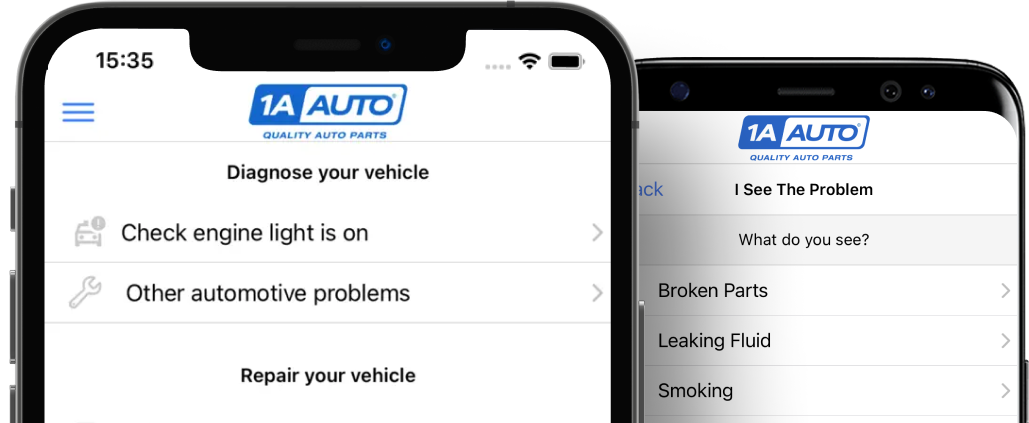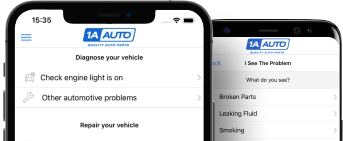1ASFK04544-2003-14 Volvo XC90 Front & Rear 8 Piece Suspension Kit TRQ PSA59712
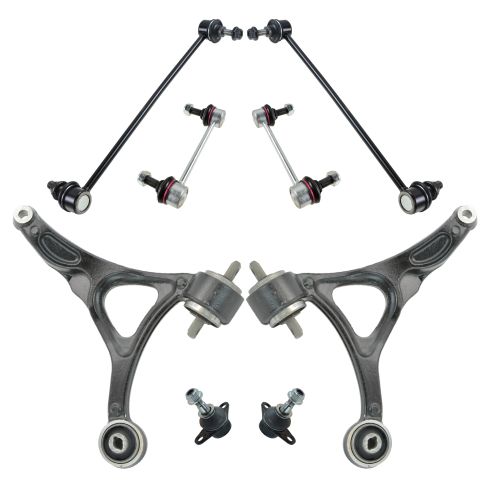
Replaces
2008 Volvo XC90 Front & Rear 8 Piece Suspension Kit TRQ PSA59712

Product Reviews
Loading reviews
4.42/ 5.0
12
12 reviews
Great Product
August 7, 2017
Product installed in about 6 hours for a backyard mechanic. First side too 4 hours second only 2. I had to put a strap on to hold the CV joint from falling out, That was the key!!!!
PARTS WORKED GREAT
November 17, 2017
WE ARE PLEASED WITH THE PARTS WE BOUGHT FROM YOU. WEVE DONE ONE SIDE CANT WAIT TO DO THE OTHER SO IT WONT MAKE NOISE ANYMORE. THANK YOU
Parts went bad in two weeks.
November 5, 2018
I bought these parts and had them professionally installed. Two weeks later and they need to be replaced again because the bearings have failed.
Good
November 16, 2018
Workes great ................................................................
Feels like I won the lottery!
April 29, 2019
This kit is a win win. It arrived in two days and fit the car perfectly. This was my first time ordering from 1AAuto and am very impressed. The person I spoke with on the phone was very helpful, shipped fast, and the price was better than I could hope for.
Every part was sealed so they were clean and went together very well. The job went so well Im going to try their struts next!
Thank you A1Auto for making Volvo repair affordable!
Truth only
June 22, 2019
I'm sorry that I haven't wrote till now but I've been busy. With that being said, honestly these parts physically saved my life, I know pretty extreme to say that, but it is true, the OEM quality plus the package and the price was a blessing. Because the parts on mine where ready to fail. So thanks for the great parts and Deal.
Front Suspension Overhaul
July 29, 2019
This was a great value and all of it fit perfectly. Rebuild your front suspension for $150 bucks? Seriously, a no brainer. Plus the bonus rear sway bar links. All the components seemed decent quality and it took care of my loose ball joints and worn out sway bar links on my XC90. Perfect.
October 29, 2019
Parts are good quality and were easy for my husband to change will be buying more parts from this site soon.....
As advertised.
October 3, 2020
Proper fit, easy installation, especially easy with all their videos.
06 xc90 b5254t2
October 5, 2020
Correct parts, shipped quick arrived on 2nd day. Everything works as it should. Have already ordered more parts and will continue to use in the future. Highly recommend.
Fit perfectly!
May 7, 2021
Absolutely perfect! Car rides so smooth now. Took the parts to the European parts guy and he said my parts were top notch. He has been in the business for over 30 years and is revered as one of the top rated places to get car repairs done in my city.
Meh not wow
October 14, 2021
Had it installed. Not OE quality. Lighter then OE. Bushings not heavy duty for a v8.
Customer Q&A
No questions have been asked about this item.
Volvo is a registered trademark of Volvo Trademark Holding AB. 1A Auto is not affiliated with or sponsored by Volvo or Volvo Trademark Holding AB.
See all trademarks.




















